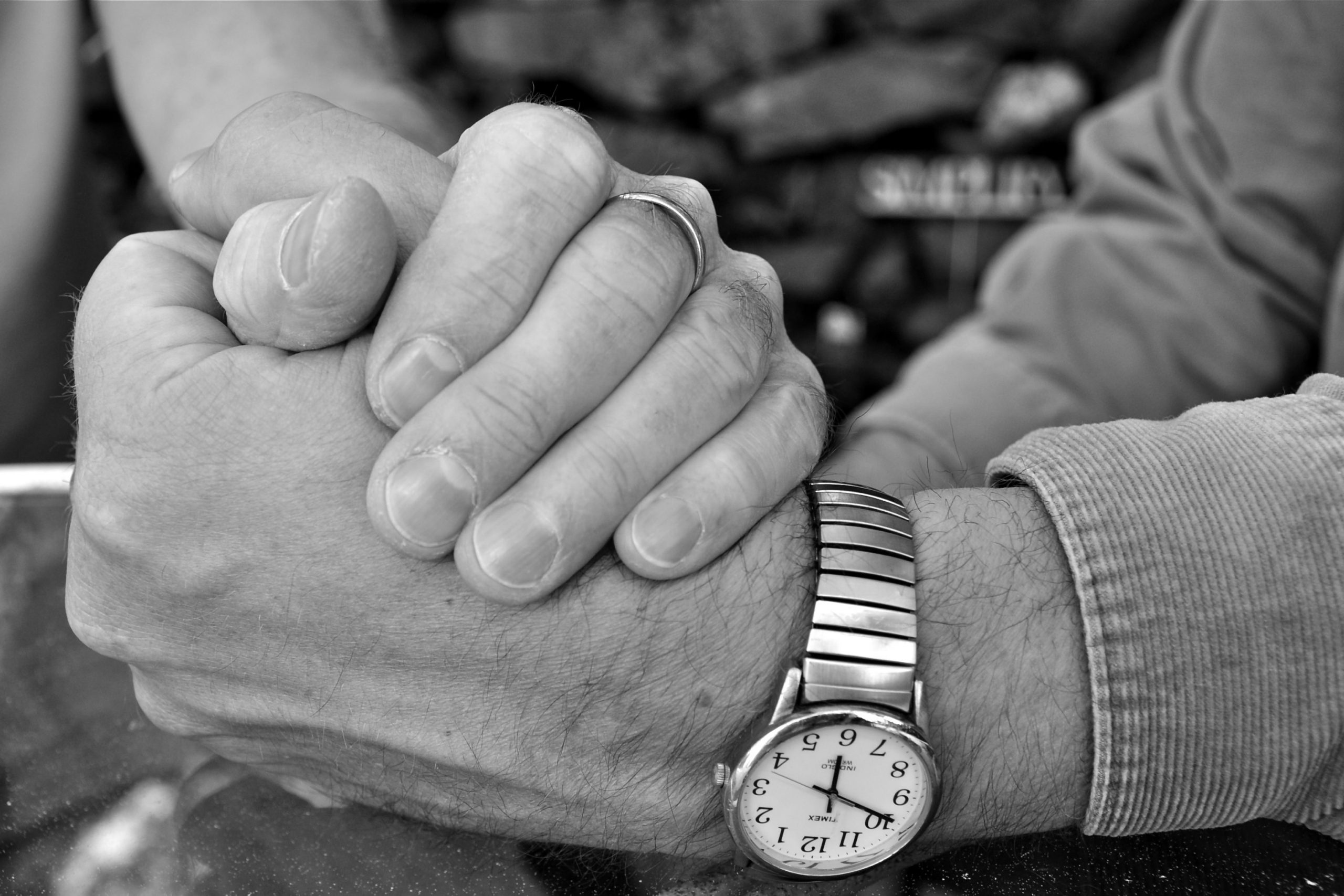Living with a loved one or family member who suffers from sleep apnea can be undeniably tough; you both experience sleepless nights, frustration from the lack of sleep, and the difficulty discussing treatment options and how best to seek professional help. Being supportive of your loved one during this time is crucial, and in this article, we discuss the ways to be there for the people in your life suffering from sleep apnea, and how you can better assist them to manage their condition.
Create an open discussion
People find snoring and sleep apnea a difficult topic to discuss with the people around them, usually due to embarrassment or a lack of understanding about the specifics of this medical condition. As a supportive loved one, the more open you can be about the topic, and the more willing you are to discuss the sufferer’s feelings and thoughts, the easier the process will be for the sufferer in their pursuit of treatment.
Prioritise sleep for both of you
When you sleep next to a person with sleep apnea, it can be challenging to fall asleep, sleep soundly or experience uninterrupted sleep every night. While you may wake up irritable and tired, your loved one experiences the same feelings, simply due to the nature of the condition. To be able to help each other better, both of you need to prioritise your sleep; this may involve sleeping in separate beds or rooms until treatment begins, or altering your bedroom orientation to accommodate for your new sleeping arrangement.
Encourage treatment
The idea of utilising a CPAP machine is daunting for most sufferers, yet most people don’t know how they survived once they begin using the device regularly. Treatment is one of the most important aspects to living with sleep apnea, and, as a supportive loved one, you are highly encouraged to motivate the sufferer to pursue treatment. Being present at consultations with specialists and appointments like mask fittings is essential too, as you learn crucial information about the condition, what actions are needed to recover or improve the condition, and how to better adjust to the use of a CPAP machine.
Encourage healthy habits
Sleep apnea is worsened by unhealthy living and habits that negatively impact a person’s wellbeing. These include dietary choices, such as drinking or consuming junk food, exercise choices such as inactivity, and weight gain or significant weight fluctuations. To give your loved one the best chance of recovering from sleep apnea, and potentially improving their condition, it’s essential to encourage healthy living actively. These actions may involve joining the sufferer in making significant lifestyle changes and consistently motivating them daily.

